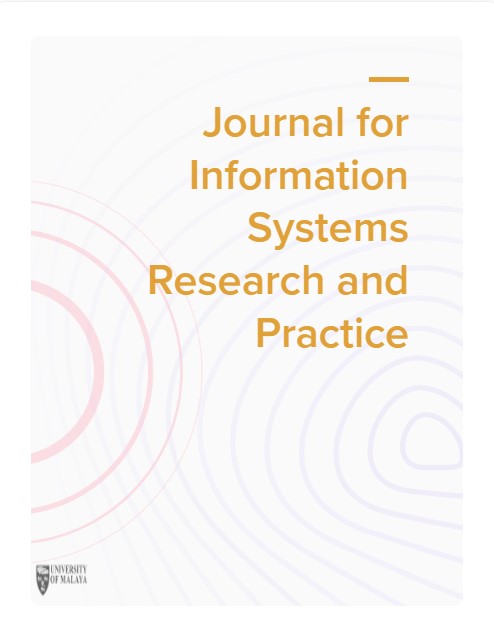New Technologies-based Defense for Web Application Vulnerabilities: A Survey
Keywords:
Web application; Vulnerabilities; Secure code; Architecture; Intrusion detection; Hacking; Software Development Lifecycle.Abstract
Many of the most dangerous attacks on the web come as a result of the exploitation of vulnerabilities that exist on the web. Fundamentally, malicious actors’ purpose is to identify and engage vulnerabilities inherent in web applications that accept and execute code without necessarily determining its origin or safety. Despite the numerous solutions and coordinated efforts that researchers, governments, and organizations have put towards addressing web application threats, security issues contextual to the threat that these attacks pose remain the subject of survey in many security bulletins at national and global forums. This survey examines how state-of-the-art defense systems have evolved and how web application vulnerabilities (WAV) are identified and mitigated. Moreover, this study also delves into the evolution of defense systems against WAV, by tracing their development from rudimentary measures to sophisticated strategies that leverage the latest in Blockchain, Quantum Computing, and Artificial Intelligence technologies. The characteristics and challenges concerning the use of these three technologies were discussed and then appropriate solutions to these various challenges were proposed. Despite these advancements, we proved that no single solution offers a panacea for web application security. We show how the dynamic and ever-evolving nature of cyber threats necessitates a multi-layered and adaptive approach. The presented survey underscores the importance of continuous innovation and collaboration in the quest to protect web applications from vulnerabilities and ensure the security of our digital lives.
Downloads
Published
How to Cite
Issue
Section
License
Copyright (c) 2024 Journal of Information Systems Research and Practice

This work is licensed under a Creative Commons Attribution-ShareAlike 4.0 International License.





